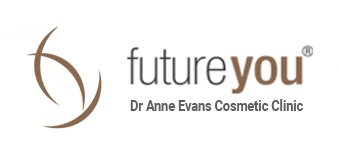Platelet Rich Plasma (PRP) System
 Your blood consists of three types of cells and the liquid component, which is called plasma. The three types of cell are red, white and platelets. Platelets contain many healing proteins which are called growth factors. Growth factors assist the body in repairing itself, regenerating new collagen and improving the bloody supply. The overall result of this is regenerated and refreshed skin.
Your blood consists of three types of cells and the liquid component, which is called plasma. The three types of cell are red, white and platelets. Platelets contain many healing proteins which are called growth factors. Growth factors assist the body in repairing itself, regenerating new collagen and improving the bloody supply. The overall result of this is regenerated and refreshed skin.
PRP is plasma that contains high levels of platelets and so initiates a positive response of tissue regeneration and healing. Visible results from a PRP treatment take 3-6 weeks to start to appear. The skin continues to improve for up to 6 months after the PRP treatment.
You will be at the clinic for about an hour for your PRP treatment. It involves taking some of your blood just like for a blood test. This is then processed in the Angel centrifuge to harvest the platelet rich plasma (PRP). The Angel system actually maximises the number of platements harvested from your blood. This processing takes about 20 minutes and during this time some local anesthetic cream is applied to minimise any discomfort. After the PRP is harvested it is placed in small syringes and then injected back into your skin. These injections will be placed into the areas that need tissue rejuvenation.
This procedure is usually very well tolerated. There may be a tingling sensation after PRP is injected, and of course, because it involves injections there may be some redness, mild swelling and sometimes bruising. These side effects are all temporary and usually resolve quickly. Make up can be applied to cover any bruising. This is a very safe procedure as you are using your own blood products. Hence there is no risk of allergy.
PRP is used for rejuvenation of the face. It is particularly useful for the area under the eyes. It can also be used for the neck, back of hands, décollatage and the chest area.
In general this is a safe procedure but patients with disorders of their platelets, chronic liver disease, diabetes and who take blood thinning medications should discuss this with the doctor. They may not be suitable for PRP. If you have difficulties with blood tests or the quality of your veins then please tell the doctor.


